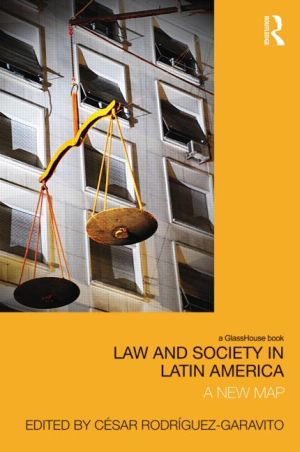
Legal thought and practice in Latin America has changed dramatically in the last two decades. First: new constitutions or constitutional reforms have marked the transition to democracy of the vast majority of the countries in the region and introduced fundamental institutional innovations, such as judicial review. Second: processes of globalization have had profound impacts on Latin American law. On the one hand, together with the liberalization of national economies, there has been an intensive importation of legal ideas and institutions - from the commercial and financial regulations promoted by the World Bank and World Trade Organization, to the adversarial criminal justice system inspired by the United States. On the other hand, the globalization of human rights has had a fundamental impact - as demonstrated by the multiplication of laws, institutions, and public debates about the rights of groups that historically faced discrimination, and about the punishment of serious human rights violations committed by past or present authoritarian governments. After more than twenty years, these and other processes have not only radically altered the institutional landscape of the region, but also produced academic and practical innovations that are of global interest.
Law and Society in Latin America offers the first systematic assessment by leading Latin American legal scholars of these momentous transformations, painting a portrait of the new Latin American legal thought for an international audience.